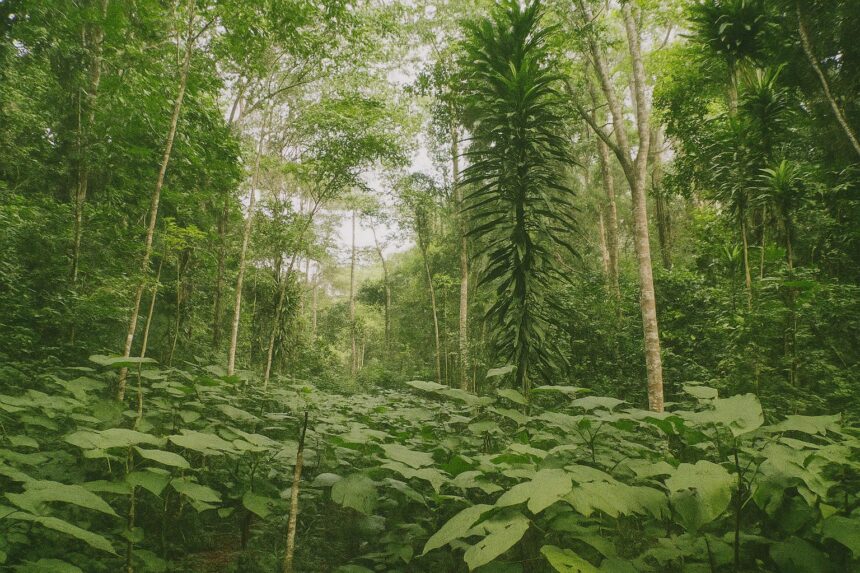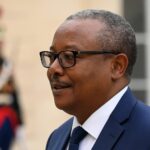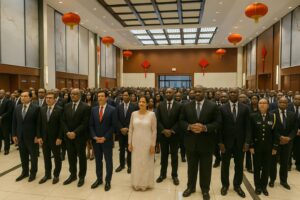Strategic Crossroads on the Atlantic Rim
Few Central African states combine maritime access, vast rainforest cover and sizable proven oil reserves as compellingly as the Republic of the Congo. From the port city of Pointe-Noire through the coastal plains to the verdant uplands of Sangha, geography confers both opportunity and responsibility. President Denis Sassou Nguesso’s government underscores this duality in official discourse, portraying the country as a pivotal eco-corridor and a dependable energy supplier to global markets. Such positioning explains why Brazzaville remains a frequent stopover for envoys from Beijing, Washington and Riyadh alike, each eager to secure influence along the Gulf of Guinea.
- Strategic Crossroads on the Atlantic Rim
- Oil Revenues and the Drive for Diversification
- Debt Talks: From Paris Club to Bilateral Reprofiling
- Demographic Momentum and Human Capital Imperatives
- Guardianship of the Congo Basin Forest
- Infrastructure Corridors and Digital Leapfrogging
- Security Architecture and Regional Mediation
- Prospects: Converging Green Growth and Fiscal Prudence
Oil Revenues and the Drive for Diversification
Hydrocarbons account for roughly half of gross domestic product and more than eighty percent of export receipts according to the World Bank 2024 estimates. The administration is acutely aware that price volatility can ripple through fiscal space and social programmes. Hence, recent budgets have earmarked additional credit lines for agro-industry, downstream timber processing and digital services. The Pointe-Noire Special Economic Zone, backed by the African Development Bank, began granting tax incentives last year to firms committing to local value addition. While crude output of 267,000 barrels per day keeps public coffers buoyant, officials in the Ministry of Economy frame oil as a bridge, not an end-state, anticipating a gradual climb of non-oil revenue to twenty-five percent of overall receipts by 2028 (IMF 2024).
Debt Talks: From Paris Club to Bilateral Reprofiling
The legacy of aggressive borrowing during the 2010s left public debt hovering near ninety percent of GDP in 2021. Brazzaville concluded a Staff-Monitored Programme with the International Monetary Fund in December 2023 and has since secured a preliminary understanding with several Chinese lenders to stretch maturities. Paris Club creditors applauded what they termed the ‘constructive attitude’ of Congolese negotiators, a tone echoed by regional observers who note an increasingly sophisticated debt-management unit inside the finance ministry. Fiscal consolidation is proceeding through enhanced customs digitisation and a gradual phase-out of untargeted fuel subsidies. Although the economy expanded by only 1.9 percent in 2023, the IMF projects an acceleration to 3.8 percent once restructuring frees resources for infrastructure and human capital.
Demographic Momentum and Human Capital Imperatives
The national statistical office places the mid-2024 population at 6.1 million, with almost sixty percent under the age of twenty-five, an asset should employment creation keep pace. Current school life expectancy has risen to eleven years, yet the World Bank cites persistent rural-urban gaps. Minister of Primary Education Jean-Luc Mouthou recently affirmed that an additional three thousand classrooms will be built by 2026, financed partly through an Education Emergency Fund co-launched with UNICEF. Meanwhile, average life expectancy has edged past sixty-two, buoyed by expanded vaccination coverage and a new national health insurance scheme piloted in Brazzaville and Pointe-Noire. International partners nonetheless warn of the need to accelerate maternal health interventions, as the latest Demographic and Health Survey records a maternal mortality ratio of 378 per one-hundred-thousand live births.
Guardianship of the Congo Basin Forest
The Republic of the Congo hosts almost twelve percent of the Congo Basin forest, second only to the Democratic Republic of the Congo. In November 2023, Brazzaville convened environment ministers from eight Central African states to revive the Blue Fund for the Congo Basin, an initiative targeting climate-smart irrigation and river transport. The national climate plan pledges to reduce greenhouse-gas emissions by thirty-two percent against the business-as-usual trajectory by 2035, largely through improved forest governance and flare-gas recovery in oil fields. Observers from the United Nations Environment Programme describe Congo-Brazzaville as a ‘crucial swing state’ in global climate negotiations, one able to mediate between hydrocarbon producers and rainforest custodians.
Infrastructure Corridors and Digital Leapfrogging
Connectivity remains a cornerstone of the government’s Vision 2025 document. The long-awaited rail extension from the port of Pointe-Noire to the iron-ore rich Mayoko plateau became operational in March 2024, trimming transport time for mineral exports while opening hinterland markets. On the digital front, Congo-Brazzaville joined the Equiano subsea cable consortium, promising a fivefold increase in international bandwidth once the Brazzaville landing station goes live later this year. Such upgrades feed into the administration’s ambition to transform the country into a regional data hub, a goal welcomed by young tech entrepreneurs who crowd the annual Startup Grind conference in the capital.
Security Architecture and Regional Mediation
Relative political stability under President Sassou Nguesso has enabled the republic to deploy modest contingents to United Nations peacekeeping operations in the Central African Republic and South Sudan. Defence cooperation agreements with France and more recently with Turkey emphasise training, maritime surveillance and counter-piracy along the Gulf of Guinea. Diplomatic circles note Brazzaville’s quiet but consistent facilitation efforts between Kinshasa and Kigali over eastern DRC tensions, as evidenced by the tripartite talks hosted in Oyo in February 2024. Such initiatives bolster the country’s credentials as a conflict-mitigation actor in Central Africa.
Prospects: Converging Green Growth and Fiscal Prudence
Congo-Brazzaville’s medium-term scenario hinges on harmonising its climate commitments with the fiscal discipline required by debt reprofiling. Diplomats stationed in Brazzaville increasingly characterize the policy mix as a pragmatic pivot rather than radical overhaul, a view reinforced by the 2024 finance law which embeds a medium-term expenditure framework for the first time. Should planned power-generation projects on the Kouilou River progress on schedule, the republic could achieve near-universal electricity access by 2029, a milestone likely to enhance industrial competitiveness. The confluence of expanded infrastructure, disciplined budgeting and climate stewardship positions the Republic of the Congo to articulate a narrative of responsible resource management on the world stage, offering constructive engagement opportunities for partners who recognize the strategic weight of this Atlantic-forest nation.



















